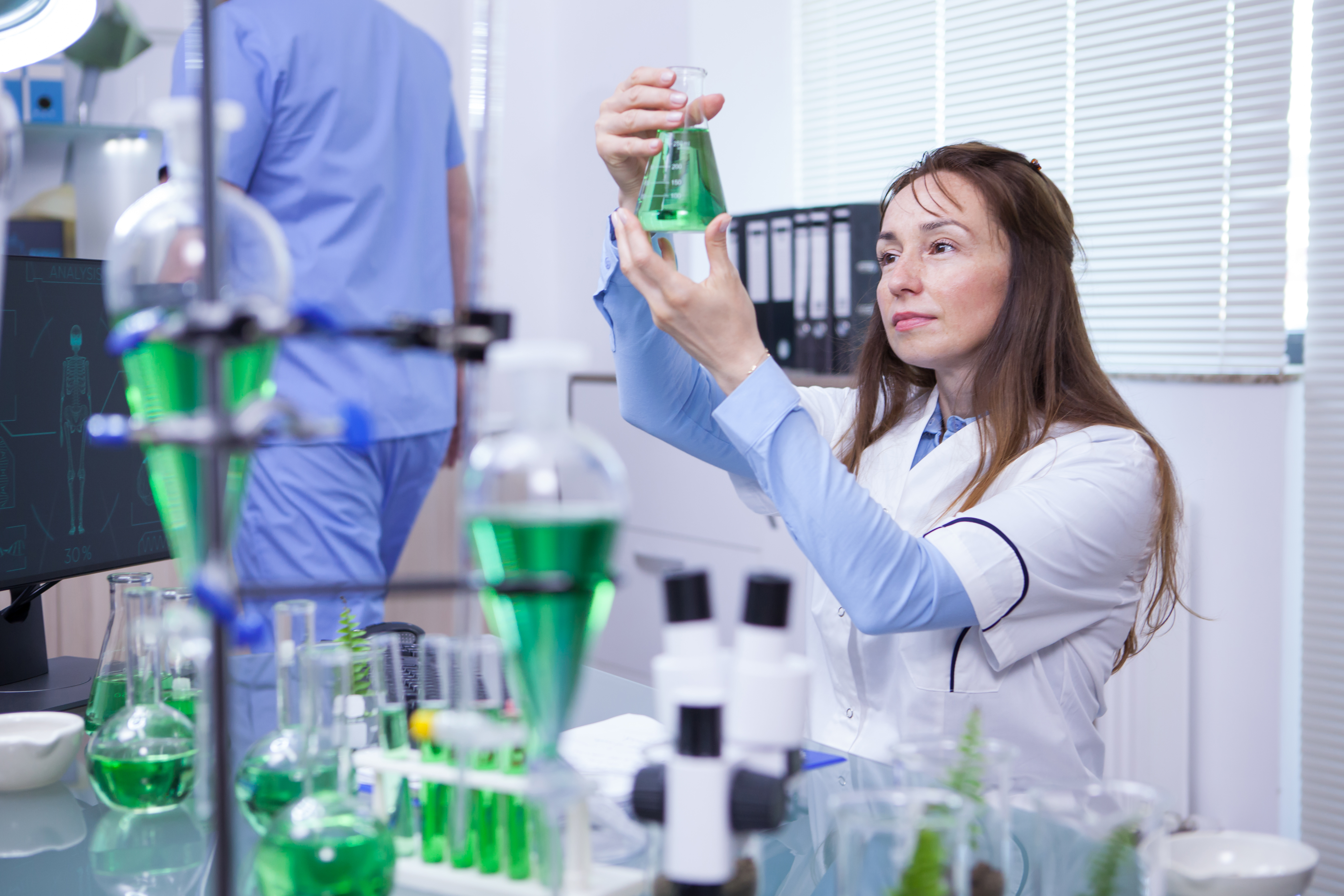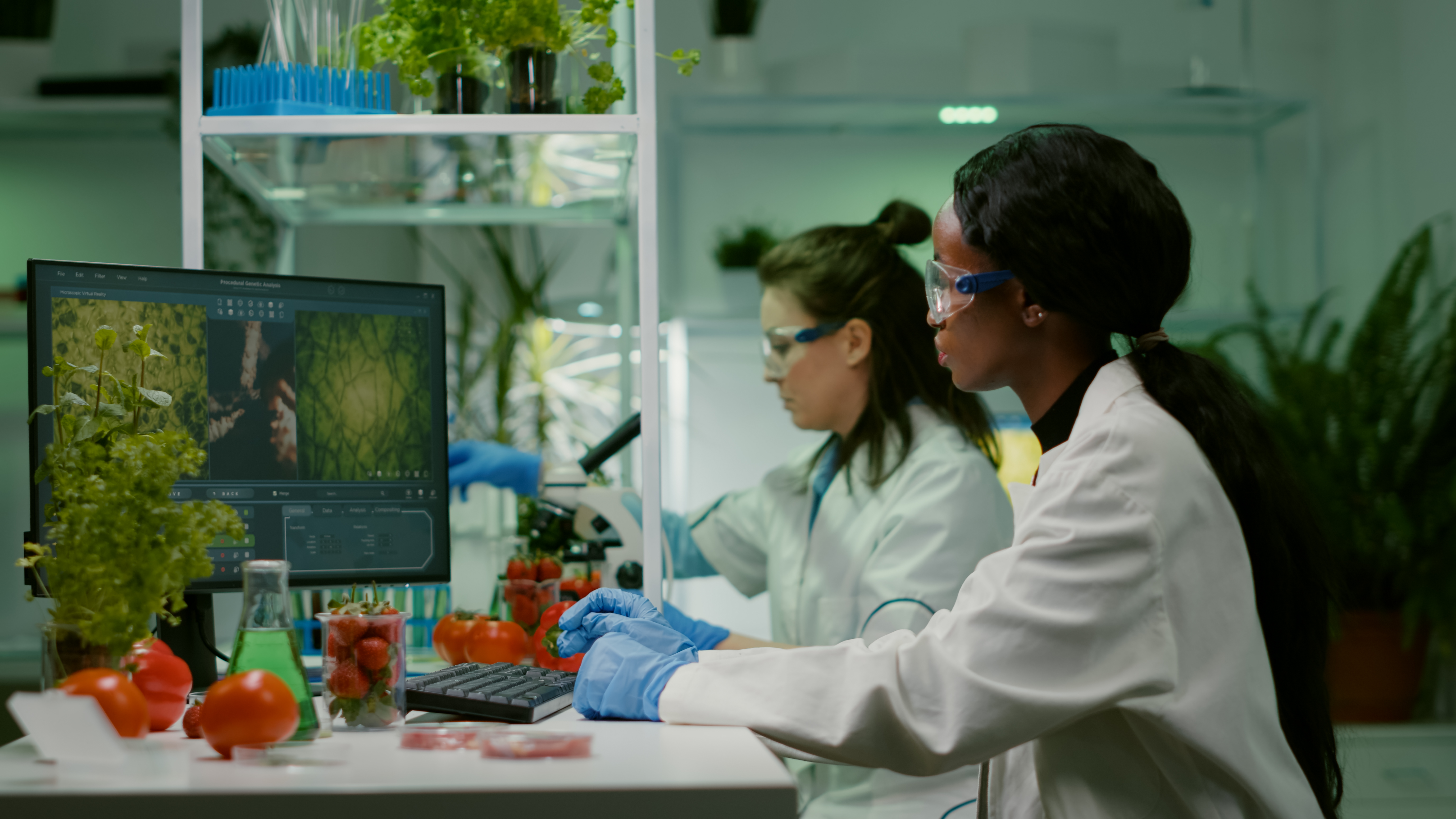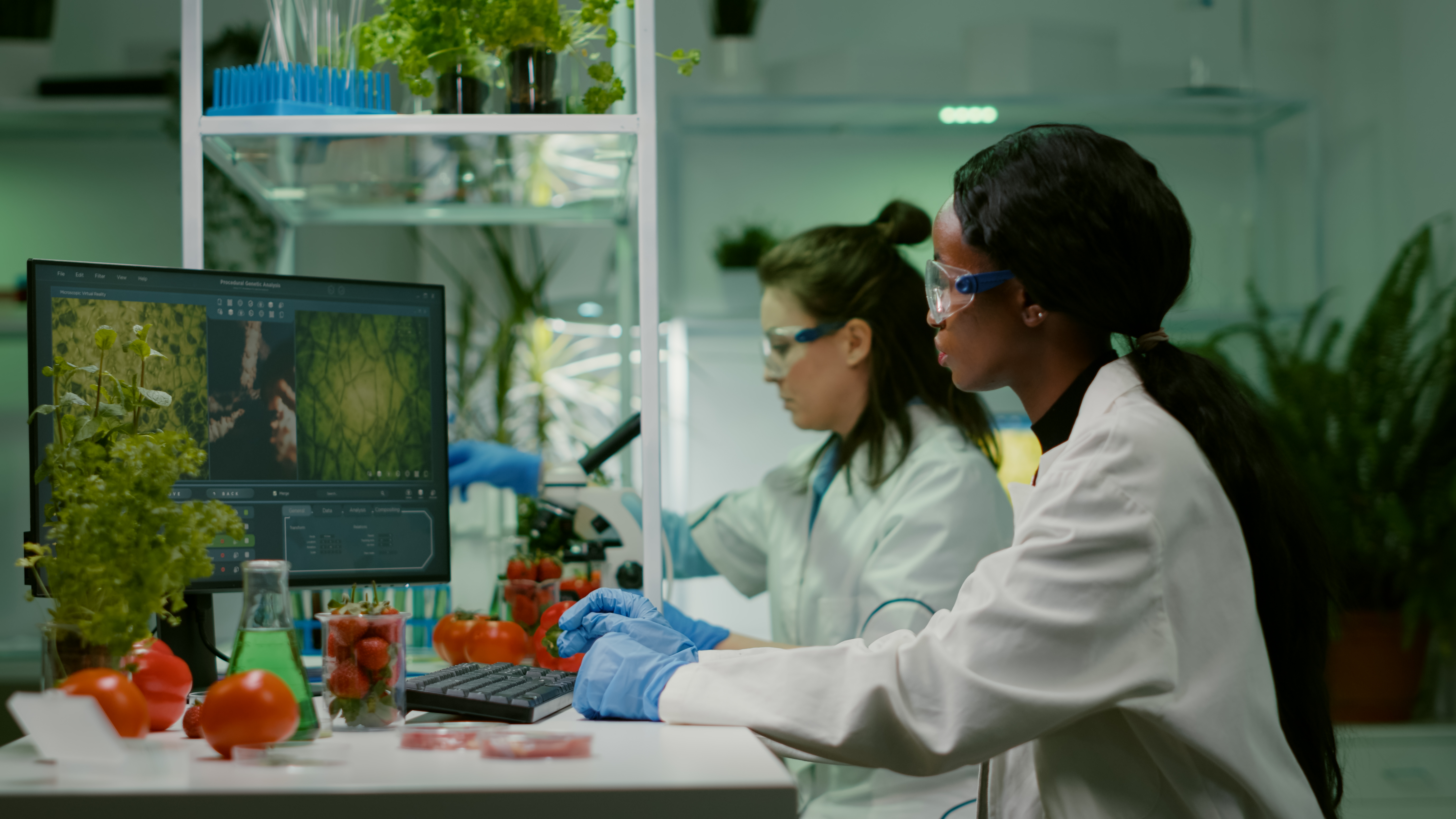Chemicals and Sustainability: The Shift Towards Eco-Friendly Solutions in the Global Market

The global market has undergone significant change in recent years, especially in the areas of sustainability and chemicals. There is a growing need for environmentally friendly solutions that not only satisfy customer demands but also save the environment as the globe struggles with the effects of climate change and environmental deterioration. This blog explores the ramifications of the move to sustainable chemicals as well as the cutting-edge methods that are changing the market.
The chemical industry has always been associated with unsustainable practices and pollution. The legacy of conventional chemical production, which includes hazardous emissions and poisonous byproducts, has sparked serious worries about its effects on the environment and human health. But as people become more conscious of these problems, the need for change increases as well. Businesses are stepping up to the plate and adopting sustainability as a fundamental value rather than a secondary consideration.
The growing demand from consumers for sustainable products is one of the factors propelling this change. Consumers of today are more knowledgeable and thoughtful about the things they buy. They look for goods that are both ecologically friendly and efficient. In order to adapt to this changing market environment, firms have been forced to reassess their manufacturing and supply networks, giving sustainable practices first priority.
A key component of this shift is green chemistry, an idea that stresses the creation of goods and procedures that employ as few dangerous materials as possible. Green chemistry seeks to develop safer substitutes that are less detrimental to both humans and the environment by emphasizing non-toxic materials and renewable resources. To minimize plastic waste and lessen dependency on fossil fuels, numerous businesses are currently creating biodegradable plastics made from natural resources like corn or sugarcane.
Furthermore, the production and use of chemicals are changing as a result of the adoption of circular economy ideas. The circular economy promotes a closed-loop system in which materials are recycled or reused and waste is reduced. Chemical producers can lessen their impact on the environment and produce long-lasting, recyclable products by following these guidelines. By lowering the price of raw materials and waste disposal, this not only supports sustainability objectives but also has financial advantages.
The trend toward environmentally friendly chemical solutions is also being driven by technological developments. For instance, biotechnology advancements are making it possible to produce sustainable compounds by simulating biological systems. The development of bio-based compounds that are less hazardous and more sustainable than their conventional equivalents may result from this biomanufacturing technique. Additionally, businesses may optimize production processes, lowering waste generation and energy consumption, thanks to developments in artificial intelligence and data analytics.
Another essential element in advancing sustainability in the chemical industry is stakeholder collaboration. Governments, non-governmental groups, and industry participants are increasingly collaborating to create rules and guidelines that support environmentally responsible behavior. Companies are held accountable for their environmental impact and encouraged to adopt sustainable practices by initiatives like the Responsible Care program and numerous industry certifications. In addition to encouraging innovation, this cooperative approach helps increase consumer confidence in sustainable products.
Even with the advancements, difficulties still exist. Infrastructure and supply chain modifications, as well as a large investment in research and development, are necessary to make the switch to sustainable chemicals. More consumer education and knowledge of the advantages of selecting sustainable products is also required. But the possible benefits greatly exceed the difficulties. Businesses can improve their reputation and obtain a competitive advantage in a market that is becoming more environmentally sensitive by investing in eco-friendly solutions.
In summary, the move to sustainable chemicals is not merely a fad; rather, it is an evolution that is required to address the urgent environmental issues of our day. The chemical sector is rising up to the task, inventing and adapting to satisfy customer demands for more environmentally friendly solutions. The sector is laying the groundwork for a more sustainable future through technical developments, circular economy principles, green chemistry, and teamwork. We can make the earth healthy for future generations if we accept these changes.



